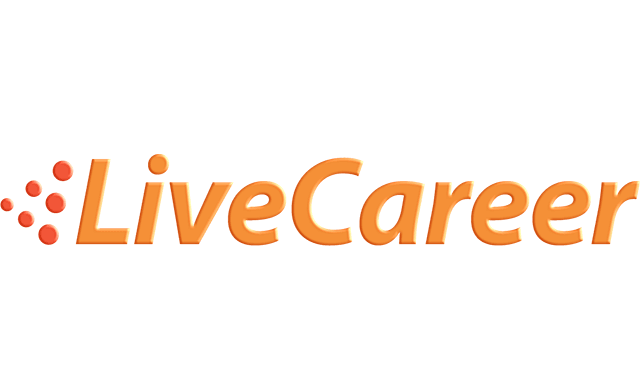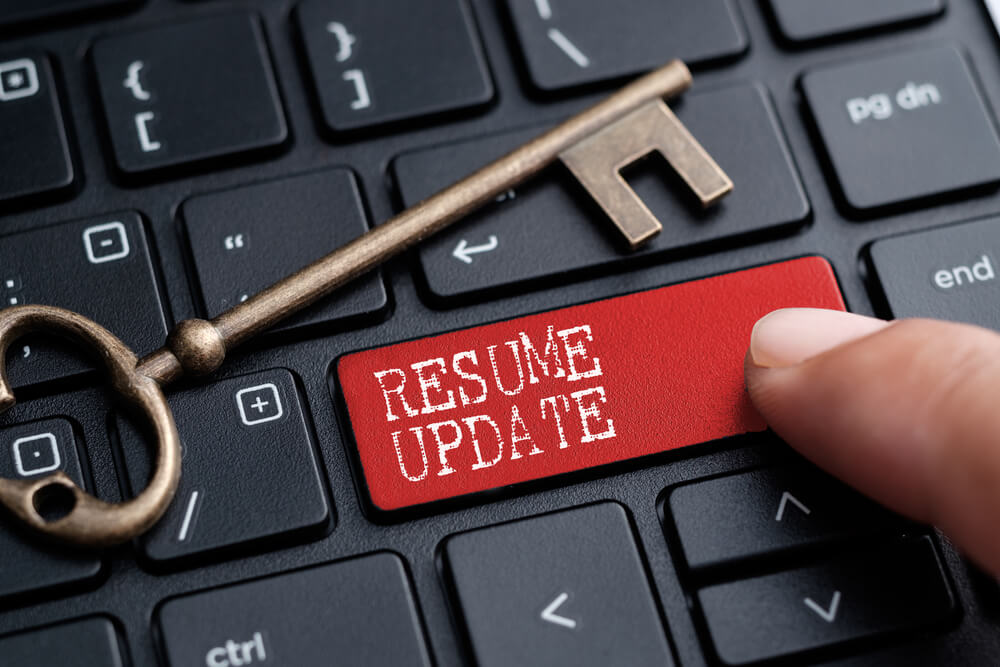What Is the Optimal Resume Length in 2019?

For years the reigning wisdom in resume writing has been that less is more. Not only were recent college graduates encouraged to keep their resume to one page, but even senior-level professionals were assured that hiring managers would never read past the first page.
Could a longer resume be better?
Counter to the belief that brevity always increases a resume’s effectiveness, new research now suggests that two-page resumes are viewed more favorably by hiring managers than one-pagers. According to Business Insider, a recent review of 20,000 resumes appraised by 482 hiring managers revealed that longer resumes were more likely to elicit interviews and job offers, and hiring managers spent more time reading them.
Technology has played a role in upending the traditional one-page guideline as well. Many recruiters point out that increasing resume length by adding more detail about your skills and accomplishments can up your keyword count and increase the chances that your resume will make it past the first round of resume filtering typically conducted by automated applicant tracking systems (ATS).
Some things never change
Your resume is a marketing document, and the product you are selling is you. An obviously padded, overly wordy resume isn’t likely to impress recruiters, and in some instances, a shorter resume may still serve you better.
Like any marketing tool, the most convincing selling points should appear at the beginning, the section recruiters are most likely to read.
Your headline or header consists of your name, contact information and, in some fields, your credentials. Remember that you are the brand you are selling, so make your name stand out with a unique type treatment, a bold but sleek rule line, or a similar graphic flourish. This header should appear at the top of all pages of your resume.
Think of the next major element of your resume — your professional summary — as the sales pitch for your brand. There are several ways to present your professional summary, including as a brief narrative, as a short series of descriptive titles and adjectives, or as a bulleted list of career achievements. Each format can be used to effectively highlight the most impressive skills you will bring to your next employer.
Despite the current preference for slightly longer resumes, an obviously padded resume is not likely to impress employers, and sometimes less is still more. The following guidelines should help you determine your ideal resume length. Should you get to the close of the article and still be stumped on how long your resume should be, consider putting a free resume builder to work, and say goodbye to the guesswork.


Your resume is a marketing document, and the product you are selling is you.
LIVE CAREER
Recent graduates
If you are entering the job market for the first time and do not have a long list of internships or campus leadership positions to describe in the body of your resume, then you should adhere to the old one page is best resume length guideline.
Your professional summary should focus on what you can offer your first employer and not what you hope to gain from the experience. Enthusiasm can be a powerful selling point, but resist framing your resume (or your cover letter) around your career goals and aspirations. Companies want to know how you can help them achieve their goals, not how they can help you.
If you do not have much work experience, your education section should follow your summary. Describe relevant courses taken and projects completed. If your GPA is 3.0 or above, include it in your education section. If your GPA in your major is higher than your overall GPA, include that instead.
Recent grads should highlight their skills, particularly job-specific and tech skills, more than work experience. Do this by creating a skills section. This will allow you to include skills gained in the classroom and through volunteer and extracurricular activities. At this stage, don’t worry about whether your work experience is relevant to your chosen field or not. Any job you’ve held, from fast food cashier to babysitter, can serve as proof of your reliability and industriousness.
Since social media savvy is one trait employers are more likely to attribute to young people, make sure your own social media profile demonstrates your know-how. Create a robust LinkedIn profile that can serve as a supplement to your resume and make sure to include a stable link to it as part of your resume header.
Entry-level Workers
Once you are a few years into your career, you should have enough experience to extend your resume to two pages without padding. This resume length will give you a better chance of strategically leveraging any keywords from the job ad into your resume. Even recent graduates with multiple internships, extensive volunteer and extracurricular leadership roles, or several part-time jobs that demonstrate increased levels of responsibility may also benefit from extending their resume length past one page.
Creating skills and accomplishments sections will allow junior-level workers to highlight various roles and competencies without underscoring that there are few job titles in their work history section.
At this point in your career, you can still list your GPA and a brief summary of some of your most relevant coursework, but it should come after your skills and work history sections.
Mid-career job seekers
By this point in your career, a two-page resume is expected. You should no longer list your GPA or lead your resume with your education.
At this level, hiring managers will be looking for accomplishments as well as skills, so follow up any listed skills with details on how you’ve cut costs or increased profits, productivity, or customer satisfaction. Wherever possible, back your claims with numerical evidence.
Now that you’ve been in your field for a few years, apply that knowledge to your resume format. Is a narrative approach likely to be favored in your industry, or would quick bulleted descriptions and lots of white space be more appreciated?
Senior-level job seekers
At a senior level, and especially an executive level, your resume length can extend to three pages. If you are applying for executive-level positions, your resume summary should be titled as an “Executive Summary” and followed by four to five bullet points summarizing top career achievements that most aptly apply to the job you are seeking.
In the current hiring environment, experience from more than 10-15 years ago may not be considered relevant in today’s high-tech workplace. If you want to highlight accomplishments from a role that is outside the 10-15-year window, simply embed it into a skills or achievements section, or, if there are well-known employers or relevant titles you want to highlight, do so in an undated “Career Highlights” section.
Consider deleting graduation dates in your education section, but if you have earned a recent certification, list it in both your skills and education sections with the date completed to highlight your continued relevancy.
LiveCareer offers a plethora of tools for job seekers to use when seeking work. Take advantage of our vast collections of resume templates, resume examples, and resume samples to use as starting points when crafting your resume. And get help with cover letter writing via our free cover letter builder.

CAREER ADVICE

GOV TALK




